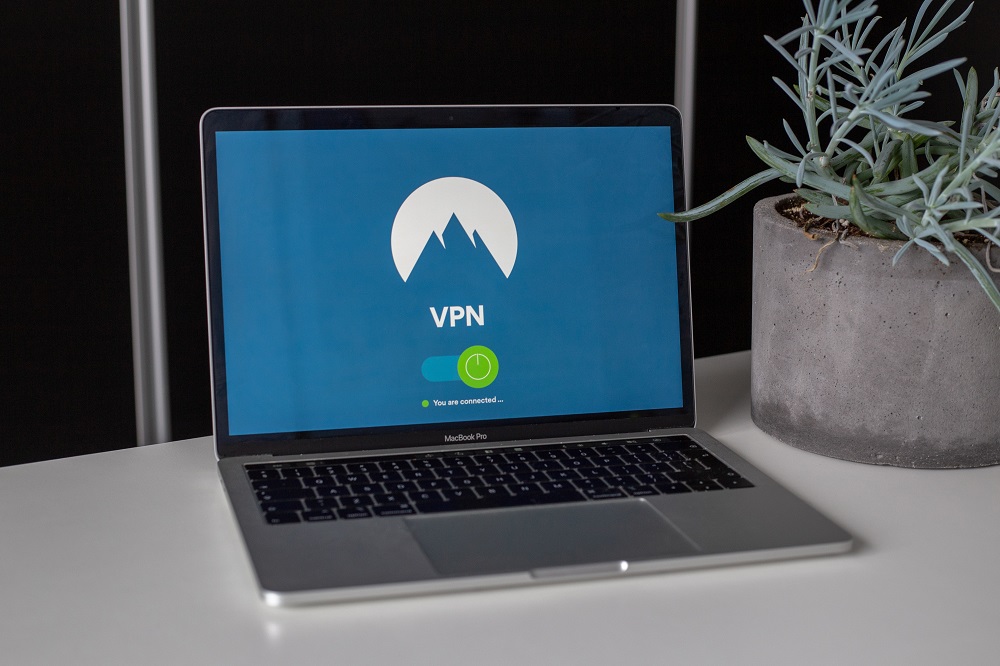
The debate between proxy servers and virtual private networks (VPNs) has been going on for a while, with many people wondering which is safer to use. The answer, however, is not as straightforward as one might think. Both proxies and VPNs have their unique security features, and their effectiveness ultimately depends on the user’s needs and the level of security they require.
Proxies are designed to act as intermediaries between the user’s computer and the internet. They allow users to access websites anonymously, bypass internet censorship, and protect their IP addresses from being tracked by websites or internet service providers (ISPs). Proxies work by relaying the user’s requests to the website they want to access, hiding their real IP address in the process. This means that the website they visit will not be able to see their real location or identity.
VPNs, on the other hand, create a secure and encrypted connection between the user’s device and the internet. VPNs are designed to protect the user’s data and online activity from prying eyes, including hackers, government agencies, and ISPs. VPNs work by encrypting the user’s internet traffic and routing it through a remote server, hiding their IP address and location.
While proxies and VPNs both offer anonymity and privacy, VPNs generally provide stronger security features than proxies. This is because VPNs encrypt the user’s entire internet connection, not just the traffic between the user and the proxy server. This means that even if a hacker were to intercept the user’s data, they would not be able to decipher it.
Another advantage of VPNs is that they offer a wider range of server locations than proxies. This allows users to access content that may be restricted in their region, such as streaming services or websites that are blocked by government censorship.
However, proxies also have some advantages over VPNs. Proxies are generally faster than VPNs because they only encrypt the traffic between the user and the proxy server, not the entire internet connection. This makes them ideal for tasks that require low latency, such as online gaming or video conferencing.
Proxies are also easier to set up and use than VPNs, making them more accessible to non-technical users. Additionally, proxies are typically less expensive than VPNs, making them a more affordable option for users who require basic privacy and anonymity online.
In conclusion, the answer to the question of whether proxies are safer than VPNs is not straightforward. Both proxies and VPNs offer unique security features and benefits, and the choice ultimately depends on the user’s needs and level of security they require. While VPNs generally offer stronger security features than proxies, proxies are faster, easier to use, and more affordable. Users should consider their individual needs and research both options before making a decision. Ultimately, both proxies and VPNs can be effective tools for protecting privacy and online security.
